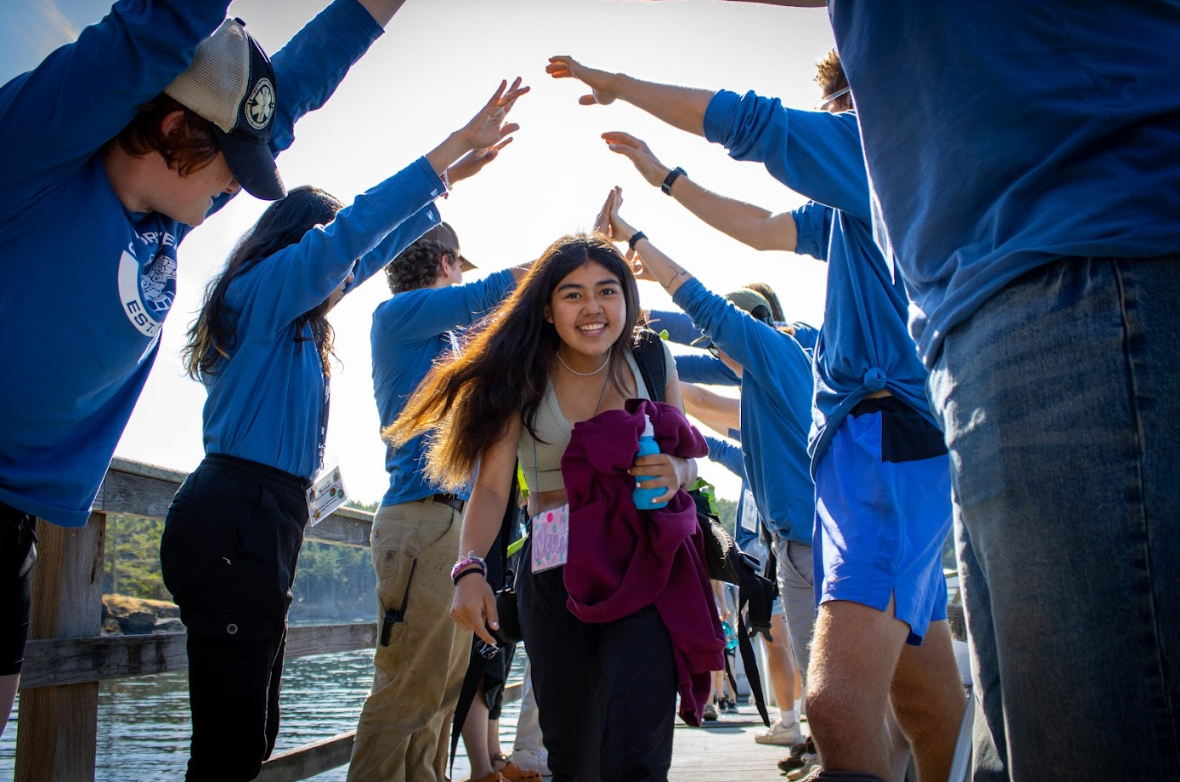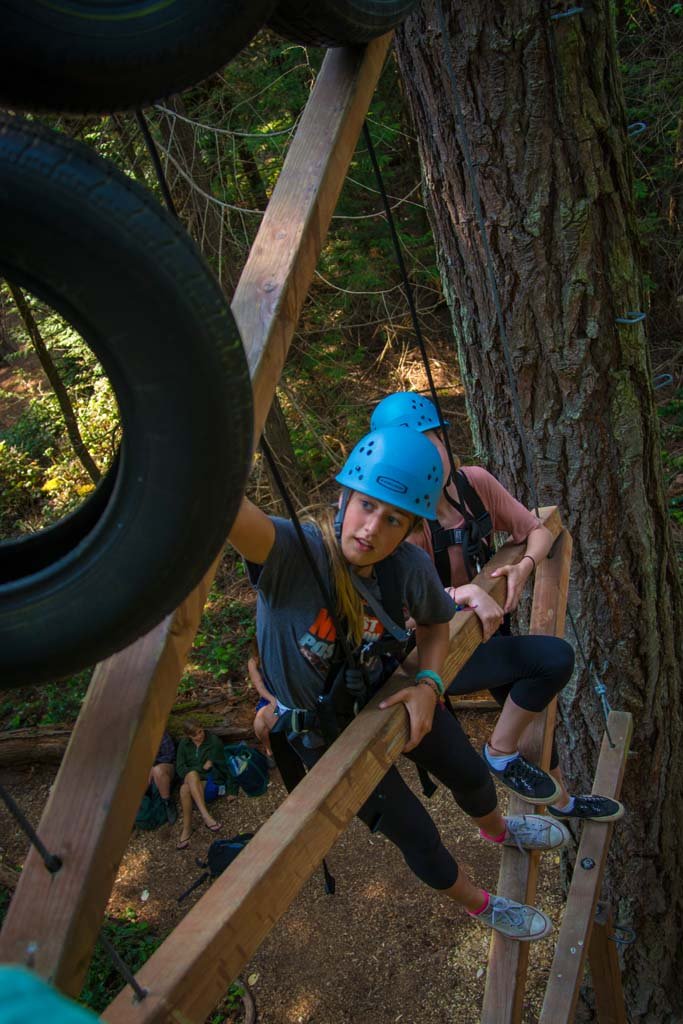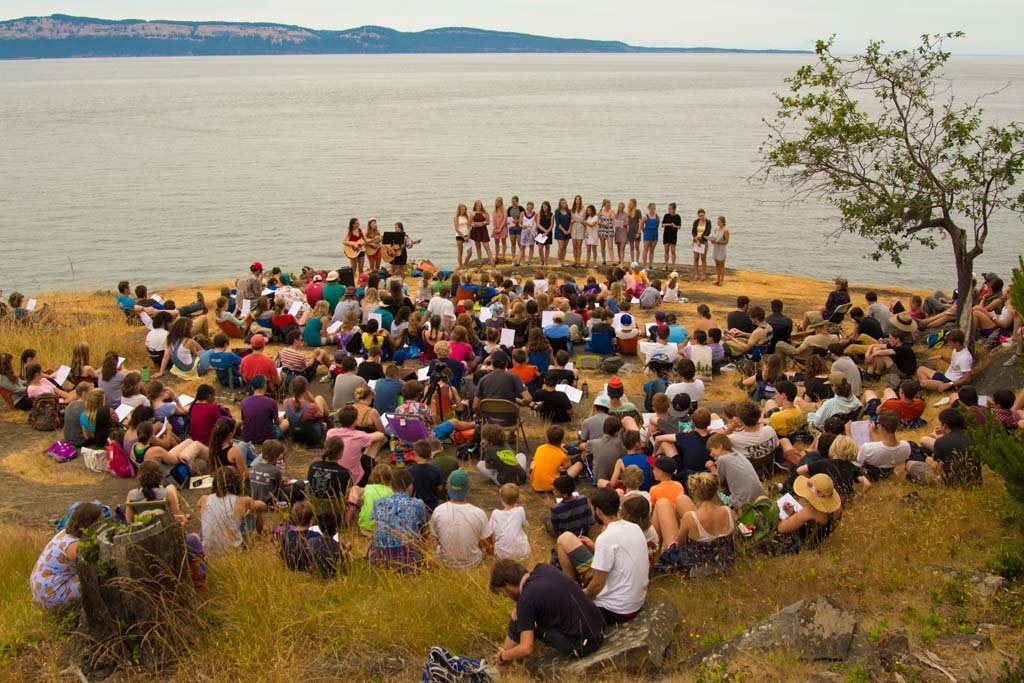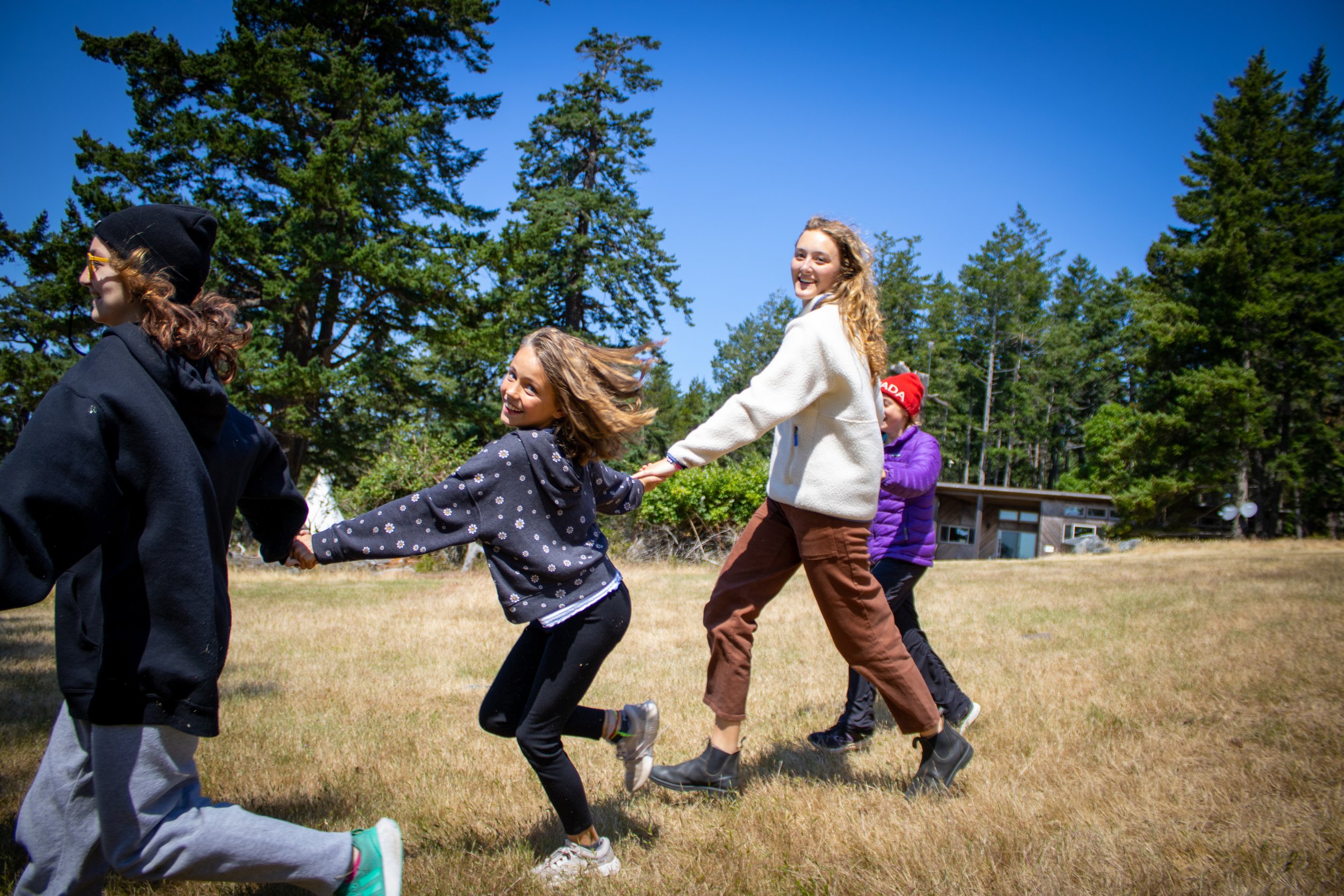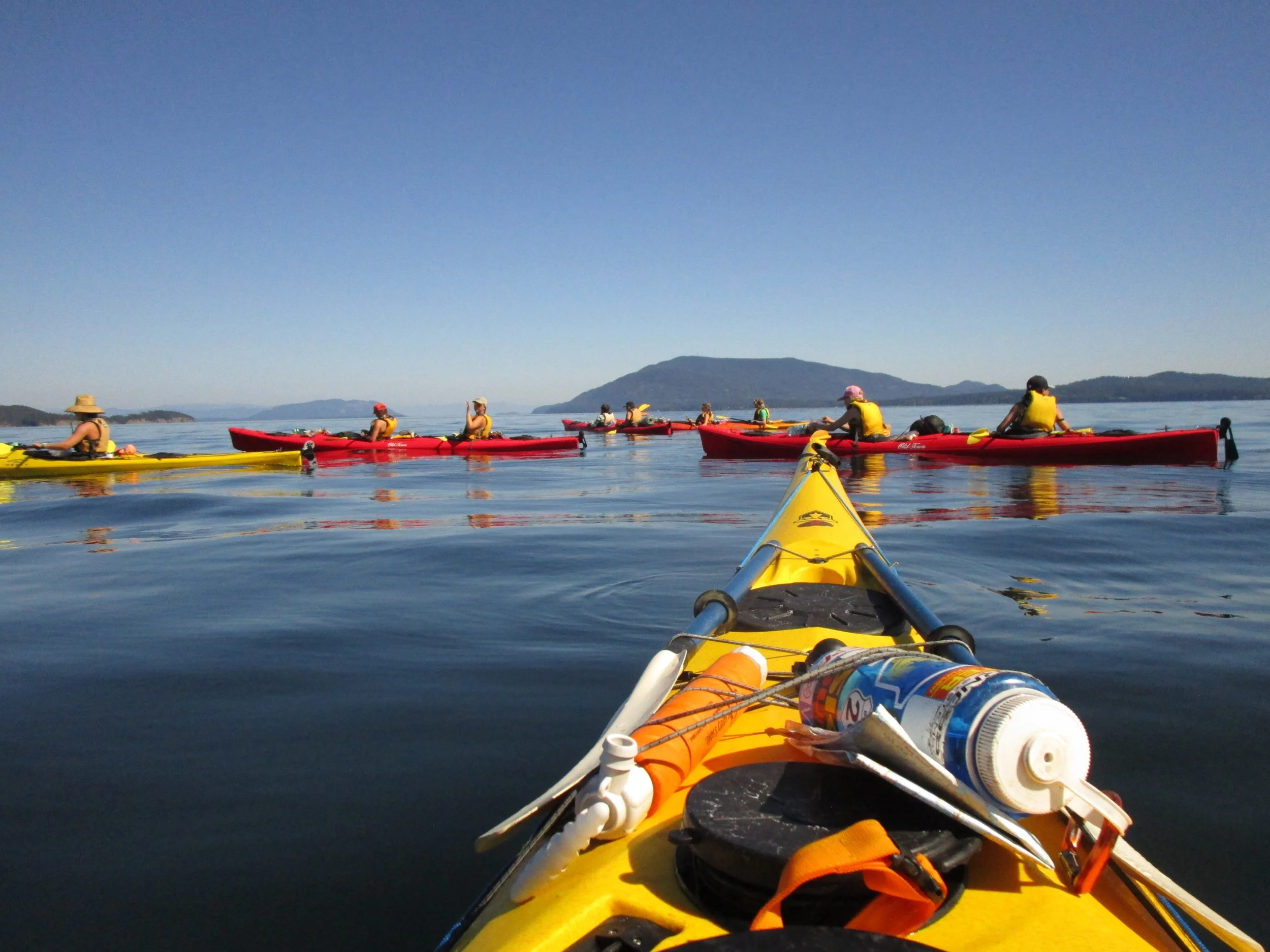Summer Camp at Nor’wester
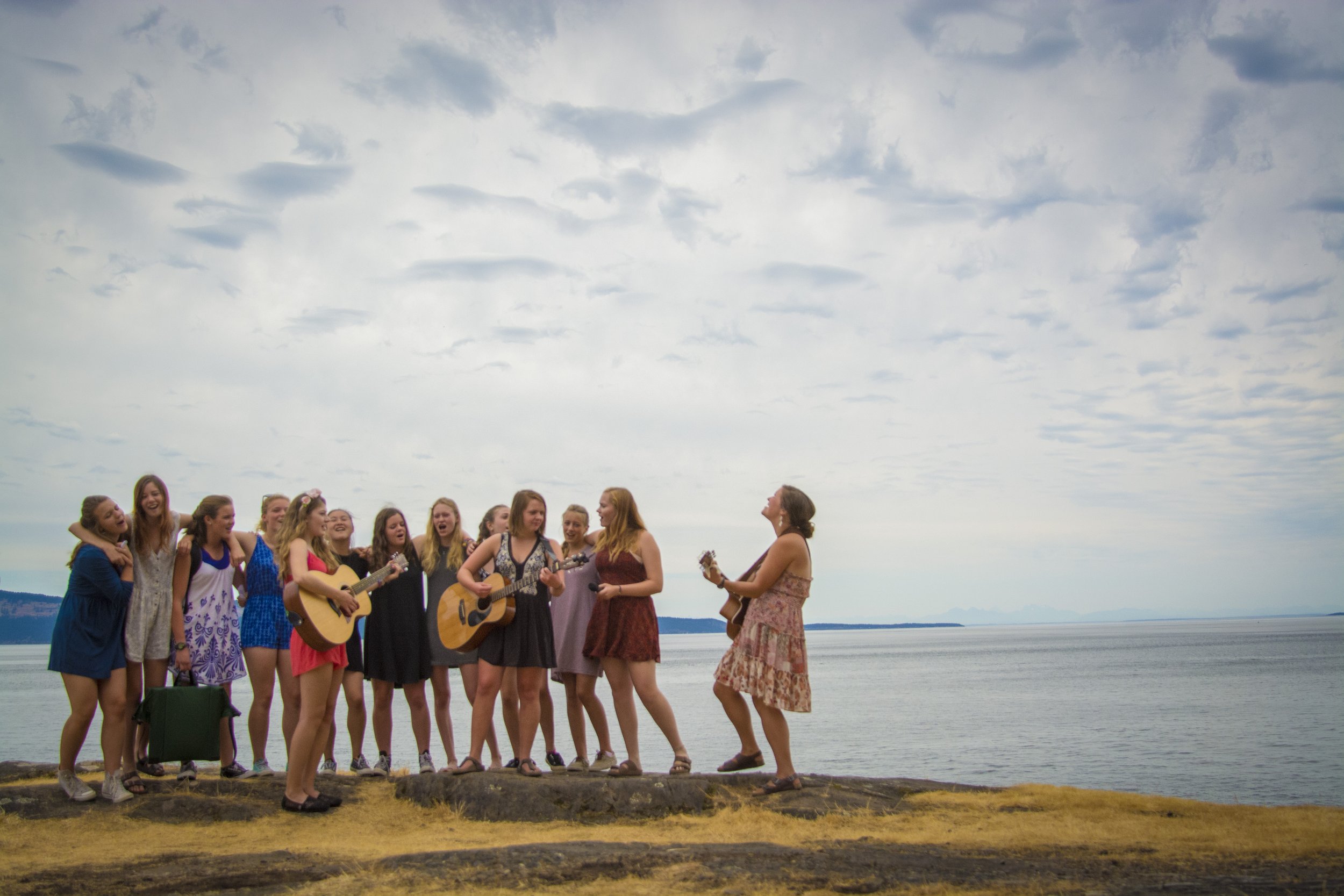
What to Expect
We've packed our summer with activities that challenge, inspire, and bring out the best in our campers. Our diverse program areas cover everything from music and arts to outdoor cooking and nature exploration. From weekly unit overnights where you'll learn outdoor skills, to multi-day adventures for our older campers, there's always something exciting happening. So, whether you're in a canoe, on the climbing wall, or around a campfire, you'll be growing, making friends, and creating unforgettable memories.
Program Areas
Our program is designed to provide enriching and fun activities for units that will allow for group and individual growth. You might see some campers take the lead during a sailing session on the Waterfront while others speak up as the group choreographs a performance at Dance. With experienced Department Staff there to lead each program area and Unit Staff supporting the campers, each activity is tailored to provide both a fun experience and valuable skill-building. Whether campers are practicing creative expression at Drama, navigating teamwork on the Challenge Course, or problem-solving during a Climbing activity, the goal is to offer diverse challenges that cater to different strengths and interests. Along the way, campers have plenty of fun—whether it's laughing with friends on the archery range or enjoying a splash-filled afternoon at the Waterfront—while also building confidence, resilience, and a sense of accomplishment
Check-out the descriptions of all of our wonderful program areas below to learn more about what kinds of activities happen at camp!
Music
-
Music is an important part of everyday life at Nor’wester. Folk songs and ballads from many countries, reflecting different times and ways of life, are sung after meals in the dining hall, at campfires, in the shower and on the trails.
Music is one of the larger aspects of cross-generational connection amongst our community. Some songs from the original Henderson Camps songbook from the 1930s are still sung in our lodge today. New campers learn lyrics quickly and within the first days of each session the lodge is bursting with songs and excitement.
In addition to community singing, campers also participate in traditional folk and square dancing as part of our evening activity programs.
Waterfront: Canoeing, Kayaking and Sailing
-
Our waterfront program capitalizes on the camp’s location, the magnificent San Juan Islands of Washington State! Our beach provides a great space for new and exciting challenges on the water. Campers participate as a unit, all canoeing, kayaking or sailing together under the supervision of dedicated staff.
Sailing instruction in 12’ Picos is geared to the experience of each camper, with opportunities available for special activities and multi-day trips in our 19’ Lightnings.
Older campers can enjoy our two-person kayaks, exploring surrounding shorelines and learning different paddling techniques.
Canoeing is also popular with every age group. Our fleet of classic 2-person canoes are used by campers to work on teamwork and steering while navigating the local waters.
Nor’wester’s two 22 foot “Hunt” Nuu-chah-nulth style canoes are fiberglass molds of a dugout canoe carved by Calvin Hunt. They provide a unique opportunity for Unit’s to work together and explore further away from the shores of Johns Island.
All of our boats are also an integral part of our Outcamp Program. Groups will use the different vessel to travel to other islands for overnight or multi-day trips.
Arts and Crafts
-
Our craft instructors are on-hand to teach a variety of skills. Campers are taught to conceptualize, develop and produce their individual projects, without the use of kits or prepared projects.
Our large craftshop is well equipped for wood working and carving, ceramics, embroidery, weaving, spinning, dyeing, printmaking, book binding, silk screening, batiking, painting and drawing, jewelry making, calligraphy, leather work, and other crafts depending on expressed interests and the experience of our instructors.
At the Craftshop, campers can spread out and work on whatever project they can dream up! Staff are there to share skills, help campers bring their ideas to life, ensure safe use of tools, and more.
Climbing Wall
-
Our Climbing wall provides opportunities for campers of all ages to learn rock climbing skills at camp!
Depending on their age, campers are taught team belaying techniques. We also started slack-line activities to build strength and balancing skills.
Challenge Course
-
The Challenge Course builds self-confidence as each camper attempts the many different levels that make up the course. The challenge component emphasizes group participation and problem-solving skills through activities that develop an appreciation for teamwork and cooperation.
Challenge activities and low elements are available to all campers, and middle and older units can work up to a high course element, building communication skills and learning how to support one another along the way.
Cultural Community Connections Activities
-
Located on a site with clear and longstanding evidence of native occupation, we strive to acknowledge that the property is located on traditional Salish land (see Property Location & Region information). Nor’wester also has a unique tradition of Northwest Coastal art and culture.
This tradition, inherited from the Henderson Camps, is based on a relationship that started in the 1950s between members of the camp community and members of the Kwagiutl community from Tsax̱is (known as Fort Rupert). This relationship is reflected in the camp’s totems, canoes, and a Kwakwaka’wakw-style Bighouse. It influences much of the artwork produced at camp, and is the basis for a gift exchange which takes place at season’s end. All campers and staff learn about the Northwest Coastal tribes including the Kwagiutl, other groups of the Kwakwaka’wakw Nation, and increasingly the Coast Salish groups that inhabit the region where camp is located.
All Units attend an “orientation” to the culture and art, and can also sign-up for activities such as a traditional pit-fire cook, native games and storytelling, songs and drumming, or learn about traditional uses of native plants or dance regalia. We cherish the unique relationship we have with our friends from up north – many of whom come to camp to share their culture with us during the summer. Although the focus is often centered on Kwakwaka’wakw culture because of the relationship Camp has with members of the Kwagiutl community, art of several Northwest Coast styles can be found around the property, and Nor’wester continues to build relationships with indigenous educators and artists of many backgrounds through outreach and our Visiting Artist/Educator program. As we increase our collective understanding of the history and current experiences of coast Salish people in the region, and recognize that Nor’wester exists on coast Salish land, we strive to bring more understanding of the coast Salish people, language, and culture to our campers.
For information on our Indigenous Campership Award, please visit our Financial Aid Opportunities page, and scroll down.
Archery
-
Under the guidelines of USA Archery, campers are instructed in safe and fun shooting.
The reward for faithful practice is the satisfaction of mastering a skill and the opportunity to earn awards at the end of the session. Although generally an individual activity, our instructors have also created games and group challenges to support unit-building on the range.
Garden
-
Our 1000+ square foot garden provides a great space for cultivating and learning. Campers participate in all aspects of care for the garden: clearing, watering, weeding, and harvesting!
Hands-on activities are designed to teach campers about the food-cycle and compost systems, while collaborations with our Outdoor Cooking program provide opportunities to move food at camp from earth to table!
Some meals in the lodge are even supplemented by fruits and veggies from the garden, adding to the experiential learning potential for campers.
Outdoor Cooking
-
Campers have an opportunity to try their hand at baking bread, cinnamon rolls, pizza, cookies, pies and many other tasty creations in our wood-fired oven and fire pit.
Basic food skills and safety lessons are covered through experiential culinary efforts. Fresh ingredients from our garden and foraged from the island often make their way into treats!
Nature
-
Our Naturalists teaches campers about the local ecology and general biosystems on Johns Island and in the Puget Sound region.
Our unique natural site with its many forests, meadows, beaches, tide pools, wetland and coves invites exploration.
Some units may also visit the Whale Museum and Lime Kiln Park on San Juan Island. Collaborations with several other departments are frequent, combining learning about the natural world with creative benefits to taste and enjoy!
Drama
-
The drama program provides campers with an opportunity to express themselves creatively, to learn to speak in front of groups and to learn to work with others to create entertainment.
Units develop and host campfire skits, inviting other units to perform and designing a plot that encompasses all acts.
Community Building
-
Once a week is ‘Anchor Day’ where the whole community participates in larger activities together, allowing for sharing, reflection and appreciation. Weekly Reflection, called Chapel, is a gathering hosted by a different Unit each week. The Unit chooses a topic, like friendship, communication, honesty, or respect, and presents it to the entire camp community.
Songs, readings, skits or small group activities help to guide our discussion and exploration of the chosen topic. We then eat “dinner” as the noon-time meal, a slightly more formal meal to gather and celebrate the week.
Later in the afternoon, Musicale is an opportunity for individuals and small groups to perform for the entire camp. We get to witness some first-time performances right along with experienced musicians, singers, dancers, poets, comedians and even a yo-yoer from time to time. All talents are welcome and encouraged!
Dance
Camp Improvement
-
Our dance program encourages campers to explore movement, rhythm, and expression through various dance styles. Campers learn to work together to try new style and create dances that showcase their creativity and collaboration.
Dance sessions can be woven into unit events or culminate in performances during campfires or special events. The program emphasizes fun, self-expression, and the joy of moving in a supportive environment, with opportunities to collaborate with other departments such as Music and Drama.
-
Contributing to the care of our environment is an essential part of our program both philosophically and practically. Each unit reserves one or two periods during the week for maintenance and improvement projects.
Typical jobs are hauling fire wood for the shower houses, cutting and skinning tipi poles, or clearing trails.
Our Camp Operations crew lead these tasks while incorporating education about the environment and our natural resources.It’s important for each individual in our community to understand the impact they have and the role they can play to be a steward of the property – which we hope translates into care and concern for their local environment when they return home from camp.
Trips & Overnights
Unit Overnights
All campers participate in three overnight trips with their unit away from camp. These outings provide an important opportunity for campers to build comfort in the outdoors – eating, sleeping, and exploring. As a unit, they learn and practice fire-building, knife use, tarp shelter building, and campfire and stove cooking skills. Destinations include hidden coves, windswept beaches, forested hilltops, and secluded meadows on the island and on nearby islands.
-
The overnight schedule is designed to create “graduated” opportunities for units. For example, youngers units will travel mostly to on-site locations, packing up their backpacks and hiking out to a spot on property. Starting with out middle units, groups will spend at least one of their overnights off-property, canoeing, kayaking or hiking to their destination which could include a state campground or a private property location open to us by permission from a friend or alumni of camp.
As the camper ages, the level of “challenge” for these overnight trips increases, providing more opportunities for growth and learning new skills.
These outings provide a hands-on opportunity for everyone to practice and improve low-impact camping techniques, as well as experience what it’s like to “sleep-out” under the stars if weather permits. Overnights are also usually central to team-building and bonding within the unit.
Big and Little Big Trips
Starting at age 13/7th grade (those campers enrolled in Forester & Voyageur units and older), our program includes outcamp trips of 4 or 5 days. Trips are built around activities including sailing, canoeing, kayaking, biking, backpacking, mountaineering, rock climbing, and service-learning. These trips provide many chances for leadership and skill-building amongst participants, intentionally led and supported by staff who are prepared to facilitate an incredible experience.
-
All campers in our eight olders units (ages 13+) participate in a trip during their four-weeks at camp as an essential part of the Nor’wester experience.
There will be challenges - opportunities for campers to build resilience and to discover more about themselves in a different environment than main camp, in smaller groups.
Trips are one of the highlights of the Nor’wester experience. They provide each camper with a unique experience, different than everyone else in their unit, and they return to camp excited and invigorated to cherish their final weeks with their unit mates.
All trips are led by a camp staff with experience and trained in skills specific to the trip, and at least two additional staff members are assigned to support the trip as well. The Mt. Baker and climbing trips are led by a professional mountain guide.
All equipment specific to the trip is provided by camp, and campers of a trip-age are encouraged to pack basic camping gear like sturdy shoes, a sleeping bag and pad, synthetic clothes for layering and a hiking backpack . Camp can provide any gear a camper may need.
Trip selection is based on many factors. Campers and parents together will be asked to complete a Trip Pick form ahead of arrival at camp. It is very important that campers and parents complete this form together as it collects both camper choices and parent permission for trips, along with an open comment box to describe any relevant physical health situations that should affect a camper’s placement. All campers will also need to be approved by our Health Center staff for participation once they arrive at camp.
Trip assignments are usually shared with campers during their first week at camp, after which they have regular trip meetings with their leaders and make initial preparations.
Each summer our Trip Coordinator works hard to make assignments considering a camper’s preference, creating a solid group of campers who will work well together, which trips a camper may have been on in past summers, and how many eligible years a camper has remaining. We cannot guarantee a camper will be placed on a particular trip – a huge part of the experience is about learning new skills and providing a safe space for challenge. We aim to provide as much of a meaningful growth opportunity as possible for each camper in our program.
Learn more about the camper experience!
